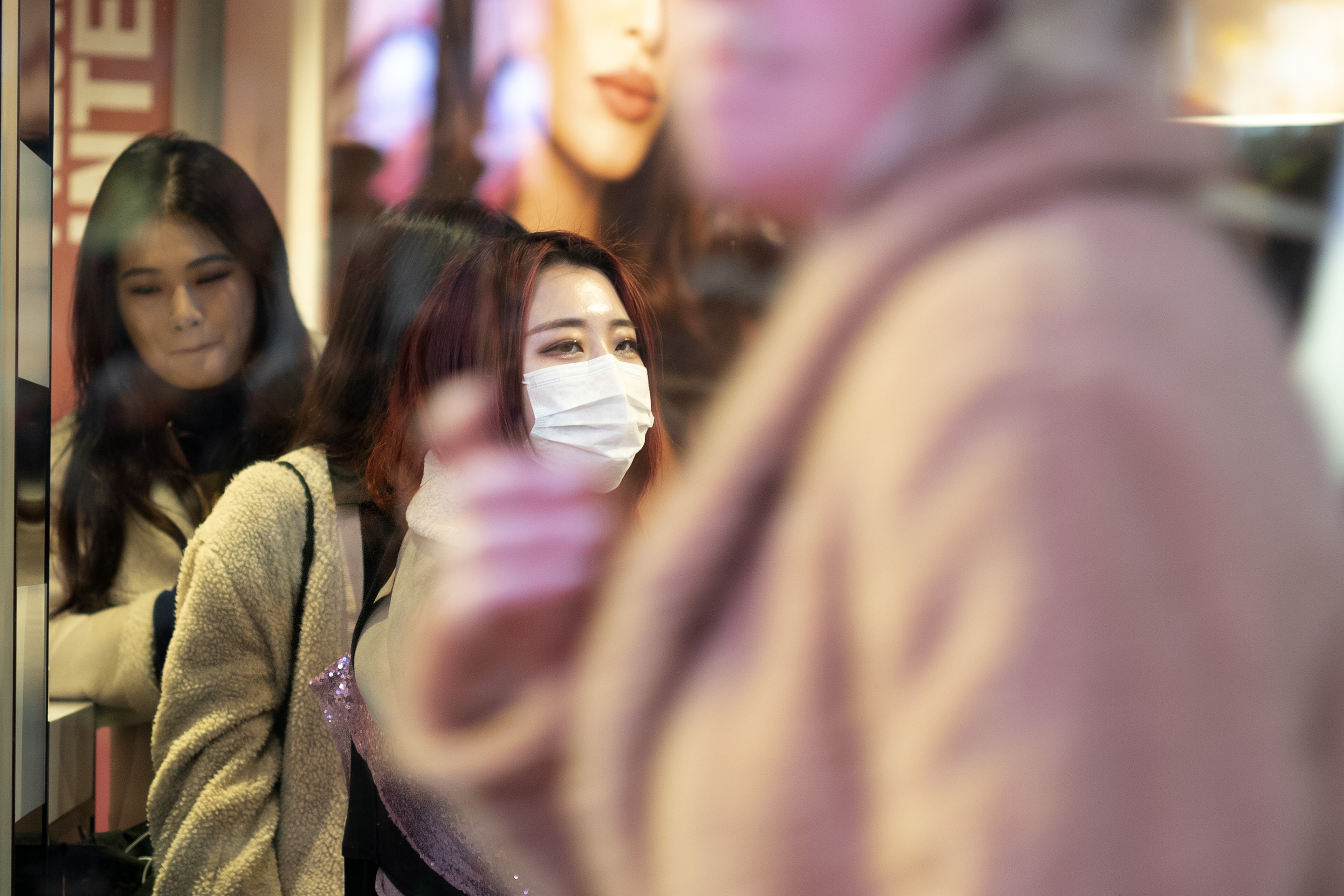Racism has no place in the fight against COVID-19 epidemic
- By Robert Griffiths
 0 Comment(s)
0 Comment(s) Print
Print E-mail China.org.cn, March 9, 2020
E-mail China.org.cn, March 9, 2020

Apart from deaths and the distress caused to those most directly affected, another product of the COVID-19 epidemic has been the increase in abusive behavior outside China towards people who are – or perceived to be – of Chinese ethnicity.
Anti-Chinese incidents have been reported in many countries across the world, including Britain.
Racist attitudes usually die hard, long outliving the economic and social conditions that do much to create them. However, in the case of anti-Chinese behavior in Britain during the current COVID-19 epidemic, it bears no resemblance to violent outbreaks of the past.
Much of it consists of physical avoidance or ignorant and unpleasant comments, especially when Chinese students or tourists wear protective masks in public.
This eminently sensible practice is seen as alien and alarming by many Britons. It takes only a short, irrational leap of imagination to see the Chinese mask-wearer as the most likely carrier of the virus. Many people perceived as "Chinese-looking" are not Chinese but were born in Britain; or, they have not been to any infected regions recently if ever.
Of course, unpleasant and threatening behavior can be distressing for the recipient. In cyberspace, where traditional British politeness has taken a hammering, the abuse tends to be more vicious, crude and overtly racist.
Actually, the majority of people in Britain do not have a negative view of China and the Chinese people. They admire the resolute way in which the Chinese authorities have sought to isolate, identify and treat victims and carriers of the COVID-19, despite efforts by the British press and social media to highlight any perceived deficiencies and mistakes.
They have seen film of the magnificent drive to build, in a matter of days, two hospitals in Wuhan with 2,600 beds to isolate, test and treat victims of the virus. In Britain, major projects of this kind would take years rather days or weeks to accomplish. People watched with amazement as the Chinese authorities mobilized the necessary resources for the job.
Large sections of the British media have also reported the praise of China's magnificent efforts to contain the epidemic from such well-regarded authorities as the UN Secretary-General and the World Health Organization.
Now that the British government has published its own plans to combat the COVID-19 crisis, and the public understand that drastic steps may be necessary along the lines of those already taken initially in China and now in South Korea, Italy and elsewhere.
Certainly, more could be done in Britain in terms of control and prevention. For example, no comprehensive, but selective strategy appears to be in place for the compulsory questioning and, where necessary, testing and isolation of travelers returning to Britain from infected regions abroad.
More generally, too much reliance is being placed on people's voluntary "self-isolation." Masks and anti-septic hand-gel are not widely available in shops, nor even in the few retail outlets that would normally sell them.
Concerns about the spread of the virus in Britain are now very real. People expect healthcare and medicines to be freely and quickly available so that the epidemic is brought swiftly under control. Public alarm could grow rapidly if this fails to happen.
At the same time, people in Britain – where isolation and testing have contained the virus so far – and around the world would take some comfort from the swift development of effective anti-viral and vaccination drugs to combat the virus.
Much of this essential research and development is already taking place in China, where public wellbeing and State decree decide the immediate priorities for the pharmaceutical industry, rather than market forces and the short-term drive for maximum profit.
As COVID-19 spreads around the world while appearing to have stalled in China, people should stop the prejudice and discrimination, and cooperate to beat the virus as soon as possible.
Robert Griffiths is a former Senior Lecturer in Political Economy and History at the University of Wales and currently the General Secretary of the Communist Party of Britain.
Opinion articles reflect the views of their authors only, not necessarily those of China.org.cn.
If you would like to contribute, please contact us at opinion@china.org.cn.





